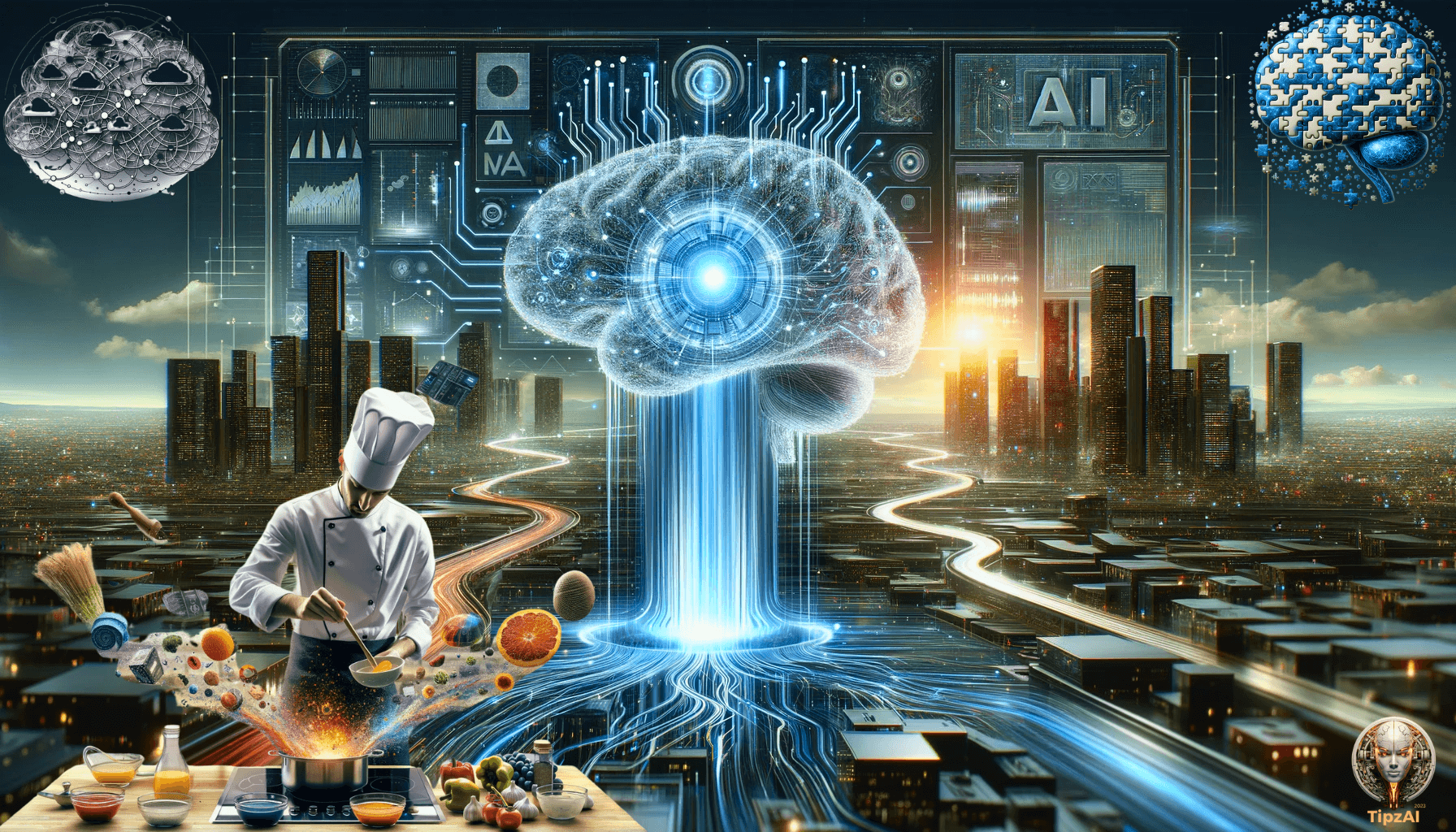
AI Advances Fuel Automating Complex ProcessesAI Advances Fuel Automating Complex Processes Artificial intelligence (AI) is rapidly transforming various industries by automating complex tasks and improving efficiency. In the automotive sector, AI-powered technologies are driving the automation of several key processes, significantly enhancing productivity and streamlining operations. Automated Vehicle Design and Engineering AI algorithms can analyze vast amounts of data from simulations and testing to optimize vehicle designs. This data includes aerodynamic performance, structural stability, and safety features. By leveraging AI, engineers can identify and address potential issues early in the development process, reducing design time and improving vehicle performance. Manufacturing Automation AI-powered vision systems are used in manufacturing plants to automate tasks such as part inspection, assembly, and welding. These systems can detect defects with high accuracy and speed, ensuring product quality and reducing the risk of human error. AI algorithms also optimize production schedules and resource allocation, increasing productivity and minimizing downtime. Predictive Maintenance and Diagnostics AI can analyze data from sensors installed on vehicles to predict maintenance needs. By monitoring parameters such as engine temperature, oil pressure, and fuel consumption, AI algorithms can identify potential issues before they become critical, enabling timely maintenance and reducing vehicle downtime. Autonomous Driving The most advanced application of AI in the automotive industry is autonomous driving. Self-driving cars rely on AI to process real-time data from sensors, cameras, and GPS to make decisions, navigate roads, and avoid obstacles. AI algorithms are continually improving, enhancing the safety and convenience of autonomous vehicles. Benefits of Automating Complex Processes * Increased Productivity: AI automation frees up human workers to focus on more strategic tasks, allowing for higher output and efficiency. * Improved Accuracy and Consistency: AI systems can perform tasks with greater precision and consistency than humans, reducing errors and improving overall quality. * Reduced Costs: Automation eliminates the need for manual labor, saving on labor costs and reducing production overhead. * Enhanced Safety: AI-powered safety systems can prevent accidents and protect vehicles and their occupants. * Competitive Advantage: Companies that adopt AI automation gain a competitive edge by improving their efficiency, innovation, and customer satisfaction. As AI technology continues to advance, it will further revolutionize the automotive industry by automating even more complex processes. By harnessing the power of AI, manufacturers and consumers alike can expect to experience significant benefits in terms of efficiency, safety, and overall driving experience.
Posted inNews